|
Clean Ocean Foundation's response to Infrastructure Australia's Reforming Urban Water paper. "the process of water reform must avoid any tendency to favor - or be seen to favor - vested interests within the water sector and financial industry over those of the general community" Society’s understanding of water and environment has changed significantly over time. Both ancient Eastern and Western cultures understood water to be elemental force. Leonardo da Vinci once said “Water is the driving force of all nature.” Inherent in that statement was an awareness that it is impossible to separate water from its interactions with both humanity and the natural environment. Apart from some expensive mistakes over the last fifty years Australian water authorities, driven by the need to provide basic services, have done an impressive job using technology to provide safe drinking water whilst viewing the ocean as limitless dumping ground for waste water. Meanwhile in large part due to advances in technology there has been a revolution in how communities interact with water in what previously had largely been an inaccessible and dangerous environment. From surfers paddling near ocean outfalls to scuba divers collecting plastic debris off reefs around Australia we have new found appreciation of our watery environment and our impact on it. Now Australia and much of the world is at the cross-roads. Too much control of resources is in the hands of too few. In some democratic countries populists have been elected to high office and point their finger at minorities to distract from the need for real structural reform. Polarisation between good and bad, green and business, commodity and the sublime seem unremarkable. But in reality, we all know that working together, regardless of our differences always makes our society stronger. Clean Ocean Foundation has had experience of this polarisation through our adversarial role in two pitched battles aimed at preserving our marine environment. We engaged in a successful campaign to convince the Brack’s Victorian government to commit to a much needed 400-million-dollar upgrade to Melbourne’s Eastern Treatment Plant and along with other community groups, opposed the Brumby government’s controversial Victorian Desalination Plant. “Victorian desal plant too big: Suez chief to media” In both cases we have subsequently proved be on the side good water policy. This fact was acknowledged in many private conversations with industry experts and even verified by public statements by Suez Chief, majority shareholder of the Watersure (then Aquasure) that owns the desalination plant - “Victorian desal plant too big: Suez chief to media”. However, in both cases we found the institutional resistance to an alternative point of view both formidable, challenging and costly. Sometimes environmental groups fail, not because they were wrong, but because they have relatively meagre resources in comparison with the giants they face. If alternative perspectives and environmental groups had been allowed “inside the tent” as contributors costly mistakes like the 5.7 Billion dollar Victorian Desalination Plant would not have been made. For this amount of finance, a suite of effective alternatives including water recycling would have been adopted and dismissive statements to marginalise alternatives by using such terms as “making people drink poo water”(recycled water) and “what if it doesn’t rain?”(upgrading existing catchments, stormwater capture and diversionary weirs) would have been debunked for the emotive claptrap they were. It is from this perspective that Clean Ocean Foundation believe The Reforming Urban Water paper is a timely and well thought out opportunity for starting point for reform. It provides a basis for a public discussion of how Australia can manage its water resources into a challenging future. The report recommends interaction with community, transparency and then where possible privatisation for greater efficiency. Obtaining consensus among States and Territories, who constitutionally are responsible for water issues along with the federal government will be a tough ask for the reform process. If the process is to succeed there will need to be significant goodwill based on knowledge that the process is for the benefit of all Australians in the long-term. For this to be true concerned citizens, social welfare groups, environmental organizations and researchers will need to be properly represented and know that they share control of the reform process in partnership with government and the water industry. The process of water reform must avoid any tendency to favour (or be seen to favour) vested interests within the water sector and financial industry over those of the general community. The evidenced based opinion of those whose primary motivation is the well-being of the environment that sustains us and the society in which we live must take a strong role over vested interests that seek to maximise their profits by rent seeking. In achieving this goodwill by designing and implementing a truly a collaborative reform process, Australia could accomplish something extraordinary in water reform. From an environmental perspective it is critical that community (social welfare and environmental) groups also contribute to the design of the procedures to deliver transparency. The evidenced based opinion of those whose primary motivation is the well-being of the environment that sustains us and the society in which we live must take a strong role over vested interests that seek to maximise their profits by rent seeking. Clean Ocean Foundation has a strong opinion on the value of transparency and how it can be positively applied. This has been through our ongoing experience delivering the National Outfall Database (NOD) for the National Environmental Science Program Marine Biodiversity Hub . This research project involves citizen science research in collaboration with water treatment authorities around Australia. We have gained an understanding that the national water industry does have legitimate concerns both with the practicalities of data provision (including resources to collect and provide the data required) as well reasonable expectation the data is not used to unfairly distort or manipulate public opinion. The process is ongoing and undeniably a trust building exercise given our history of challenging water instrumentalities. However, the benefits of obtaining this data for Australia research and working in a productive capacity with the water authorities are worth the effort for both Clean Ocean Foundation and the water sector. Such transparency based on mutual understanding will be critical in any reform process engaging the community in a reasoned discussion as to not just how currently water and waste water plants operate and discharge, but how do we as a society deal with a number of concerning emerging pollution issues. These include a variety of chemicals, pharmaceuticals and microplastics (microfibres and microspheres) that raise serious concerns for end water users and the marine environment. Further academic research on these concerns continues worldwide and may result in the water sector being required to commit to substantial infrastructure upgrades if they are to remove these pollutants from their waste streams. This will be especially expensive so if we continue to discharge large amounts of waste water into the ocean through Australia’s 254 outfalls instead of recycling water wherever possible, because control of environmental issues in a marine environment is far more problematic than on land. Before privatisation can occur concerns such as these must be addressed an approach to assess the true cost (as defined by Economist Raj Patel) of water production and disposal must be established. Otherwise ratepayers will foot the bill down the track to remediate the problems that privatised water producers will have no interest in remedying or worse still the marine environment without relief. If this is not done Australia runs the risk of creating a similar ideological war on water we now endure on climate change where privatised utilities attempt to discredit real action to preserve their aging assets value. In many ways the water industry through no fault of its own, is having to deal with a myriad of unforeseen pressures caused by the last sixty years of technological development at once in terms of economic constraints, increasing population, climate change and an informed society becoming justifiably, increasingly demanding in terms of environmental protection. A truly collaborative approach into the future is possible in Australia. We have vibrant progressive democracy and real chance at reforming an essential service in positive collaborative environment. Whether Australia meets the challenge of these watery issues will depend on just how committed to public involvement the reformers really are. References
http://www.cleanocean.org/news/monitoring-at-sydneys-northern-beaches https://www.insidewaste.com.au/general/news/1013455/victorian-desal-plant-suez-chief-media http://www.dtf.vic.gov.au/Infrastructure-Delivery/Public-private-partnerships/Projects/Victorian-Desalination-Plant http://infrastructureaustralia.gov.au/policy-publications/publications/reforming-urban-water.aspx http://infrastructureaustralia.gov.au/policy-publications/publications/files/Reforming_Urban_Water_Web_version.pdf https://www.nod.org.au/ https://www.nespmarine.edu.au/project/project-c4-national-outfall-database https://www.theguardian.com/science/2017/jul/29/infertility-crisis-sperm-counts-halved https://www.theguardian.com/environment/2017/nov/15/plastics-found-in-stomachs-of-deepest-sea-creatures https://phys.org/news/2017-10-prozac-ocean-threat-sea-life.html https://www.theguardian.com/environment/2017/sep/06/plastic-fibres-found-tap-water-around-world-study-reveals https://www.theguardian.com/science/2016/sep/27/washing-clothes-releases-water-polluting-fibres-study-finds https://www.scientificamerican.com/article/tobacco-and-oil-industries-used-same-researchers-to-sway-public1/ |
Details
Archives
June 2021
Categories
All
|
HoursM-F: 9am - 5pm
|
Telephone+61 492 917 573
|
|
Clean Ocean Foundation acknowledges the Traditional Owners of the land, and pay our respects to Elders past, present and emerging. We celebrate the stories, culture and traditions of Aboriginal and Torres Strait Islander Elders of all communities who also work and live on this land

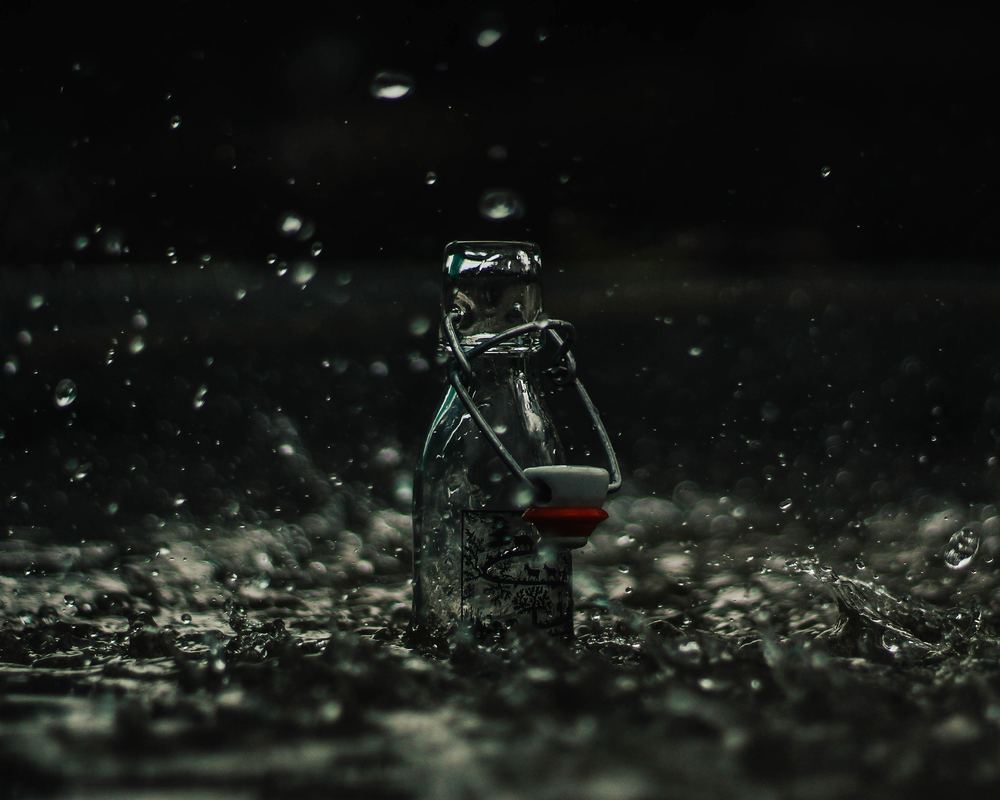
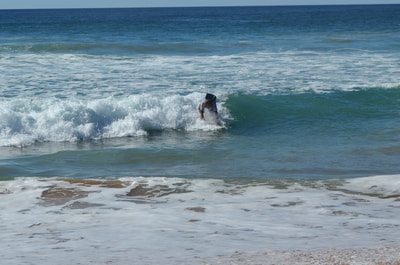
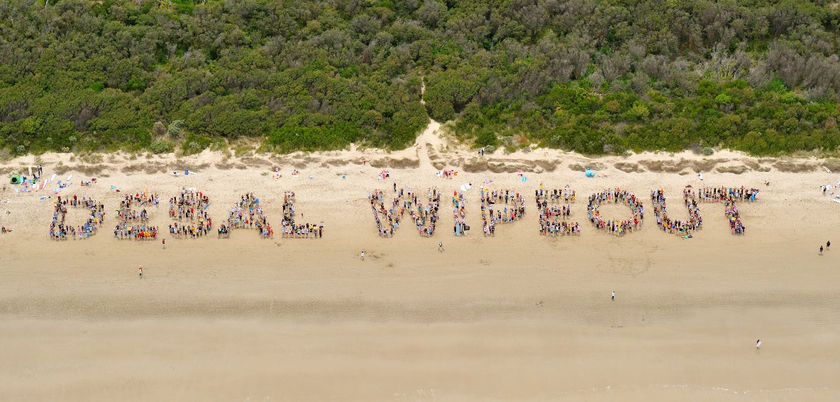

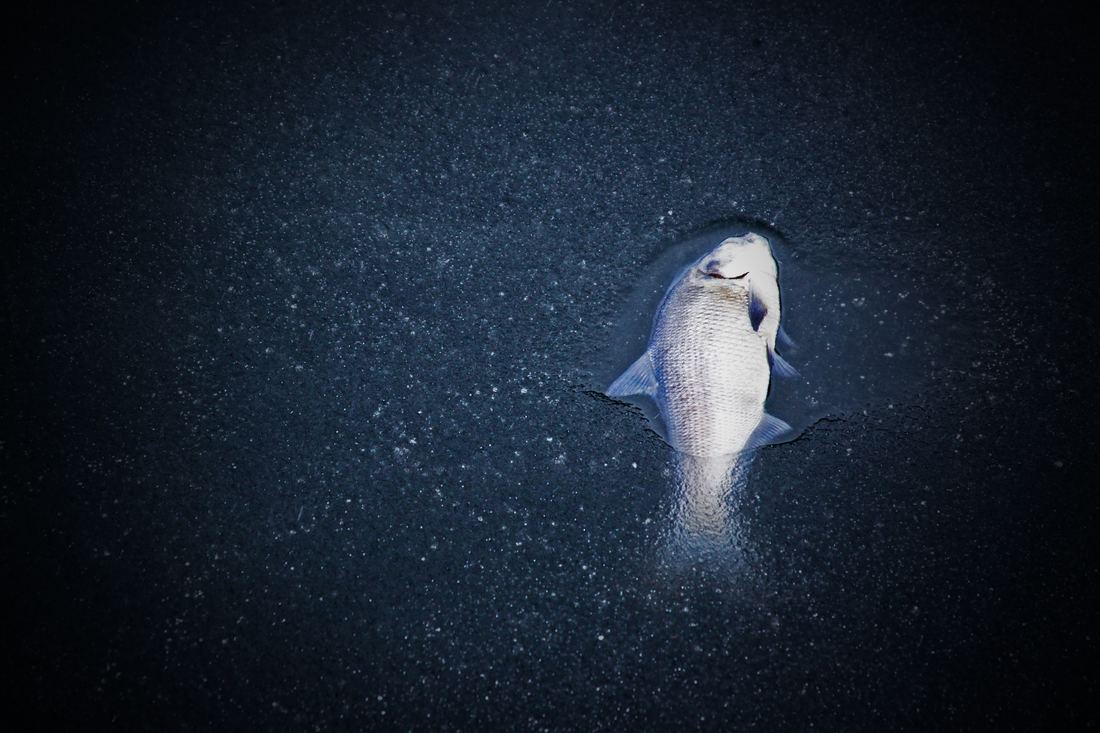
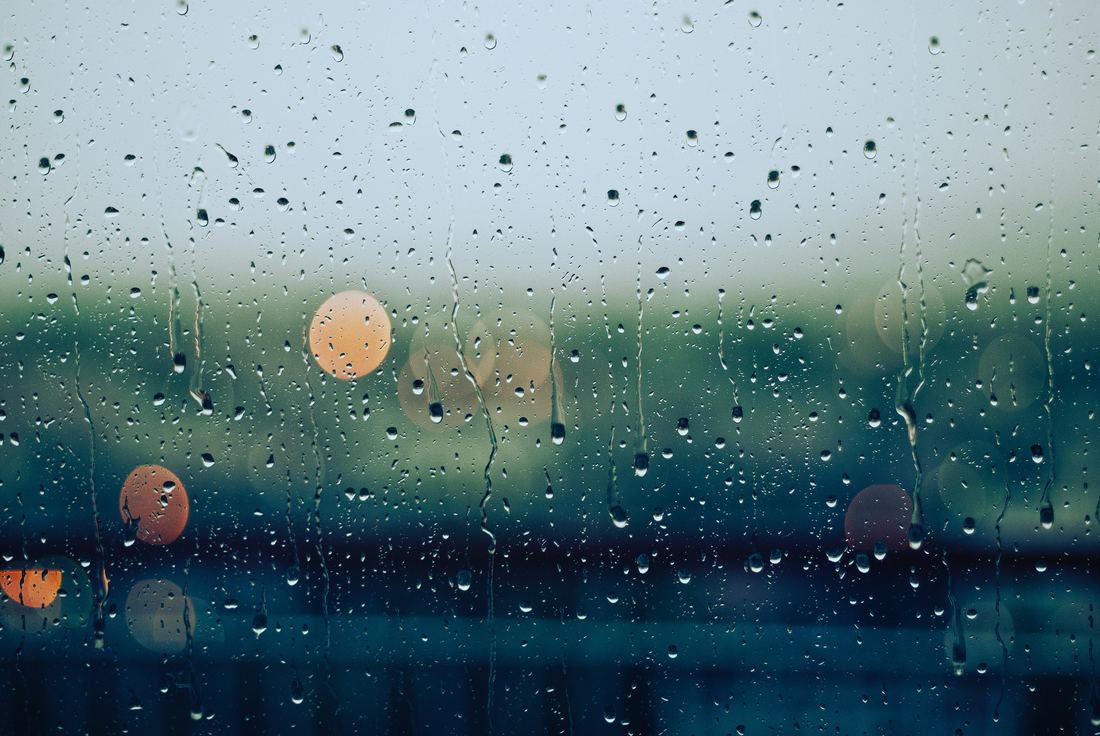
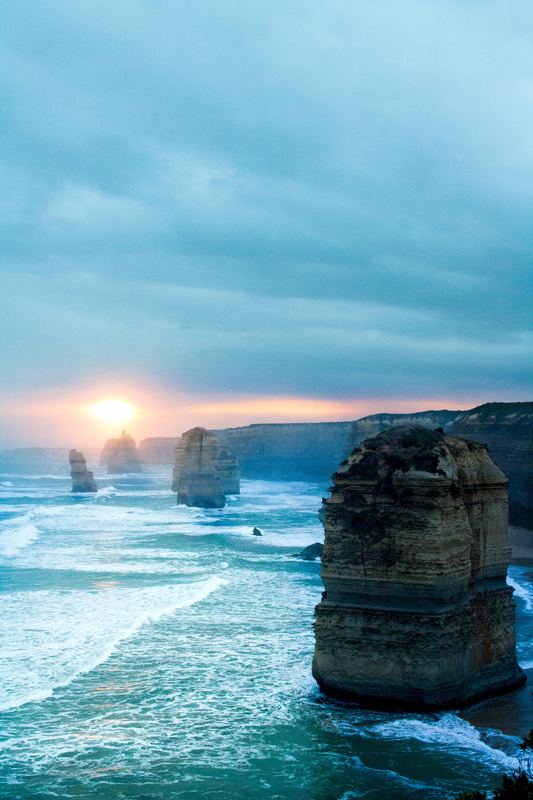
 RSS Feed
RSS Feed

